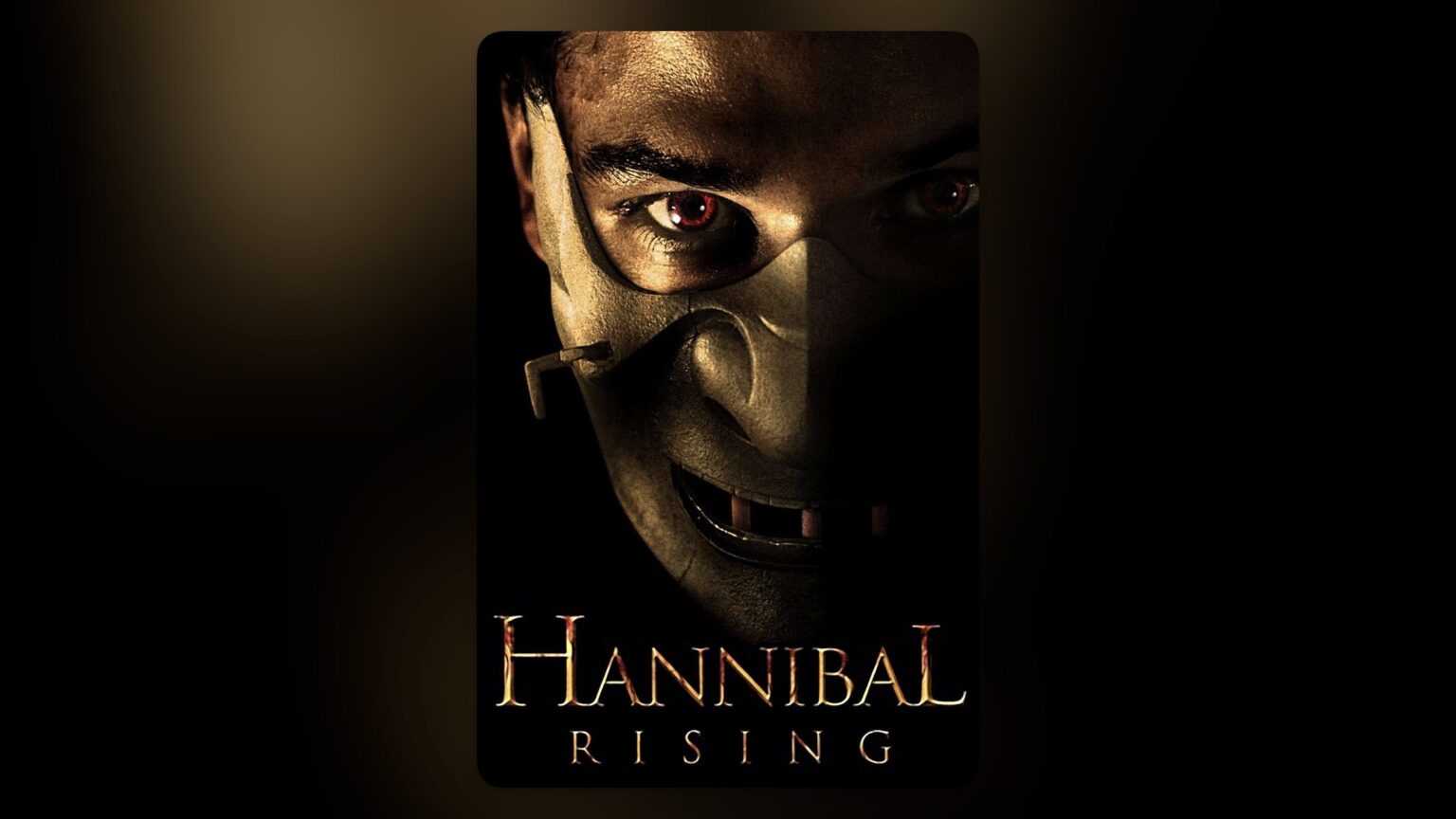In the world of cinematic prequels, there’s a fragile détente—an uneasy truce—between the impulse to explain and the wisdom to leave well enough alone. Hannibal Rising (2007), directed by Peter Webber, doesn’t just upset that truce—it storms the borders, topples the regime, and rewrites the entire constitution of what made Hannibal Lecter terrifying in the first place.
The film insists on explaining the psychology of Dr. Hannibal Lecter, the cultured, cannibalistic antihero who once chilled us precisely because we didn’t know what made him tick. We didn’t need to. That was the point. Here, in an excruciatingly literal journey into his tragic childhood in war-torn Lithuania, we are shown—laboriously, dutifully—how the monster was made. Trauma. Revenge. A dead sister. A lot of brooding. By the time Lecter starts slicing people open, it’s less terrifying and more, well… inevitable. Tragic. Predictable. Boring.
Because when you explain a mystery, you kill it.
What once made Lecter so compelling was the sense that he existed outside the usual moral and psychological frameworks. He was unknowable. Alien. A man who could quote Marcus Aurelius while disemboweling you with perfect table manners. Hannibal Rising drags him back down to earth and says, “Actually, it’s all because of childhood trauma!” And just like that, the character loses his power.
Oh, and hey! Remember Lecter’s muzzle? It’s back and giving full Samurai!
What better way to convey deep psychological trauma than with a random samurai mask burdened with all the weight of a Halloween prop? It’s introduced with the kind of reverence usually reserved for religious relics, but it’s mostly shoehorned into the story to remind you that this is a Hannibal Lecter movie, in case the brooding and butchery weren’t enough. It doesn’t symbolize anything. It doesn’t mean anything. It is fetishized, lingered on, treated as if it holds some deep, poetic meaning.
It’s a prop with a god complex.
In all fairness, Thomas Harris wrote both the novel and screenplay for this film. But even that comes with a caveat. It’s been widely reported that Harris was pressured into writing the backstory after producer Dino De Laurentiis threatened to move forward without him. And it shows. The film reads like something written with a contractual sigh.
Gaspard Ulliel, playing young Hannibal, gives a performance that feels like a slow-motion impersonation of Anthony Hopkins: cold, calculated, occasionally smirking—but none of the charisma or terrifying unpredictability. The supporting cast, including Gong Li and Rhys Ifans, do what they can with what little they’re given, but they’re orbiting a black hole of purpose. The film lurches from one revenge killing to the next, each more violent than the last, as if gore will somehow fill the psychological void.
But gore is not depth. And trauma is not destiny. Not every villain needs a childhood. Hannibal Rising has a maddening conviction that if we just see enough flashbacks, we’ll understand evil. We won’t. That’s why the doctor scared us in the first place.
In the end, Hannibal Rising is a cautionary tale—though not in the way it intends. In the coursework of Hannibal Lecter, it’s a guest lecture on how to ruin a great character by explaining away too much. It’s a checklist of overused origin tropes… a story that demystifies a cultural icon in the name of faux psychological insight… and most of all, it’s just not very good.

